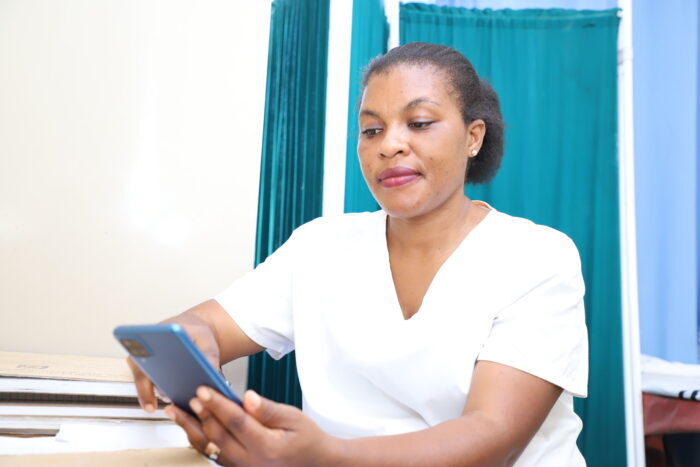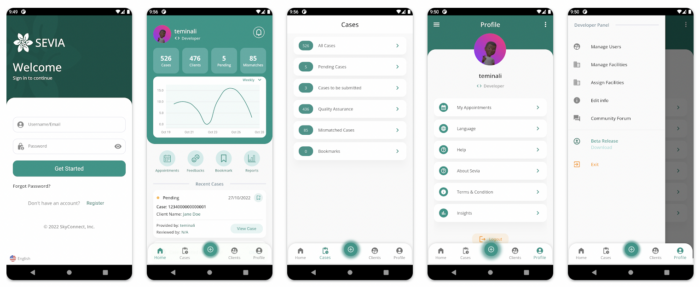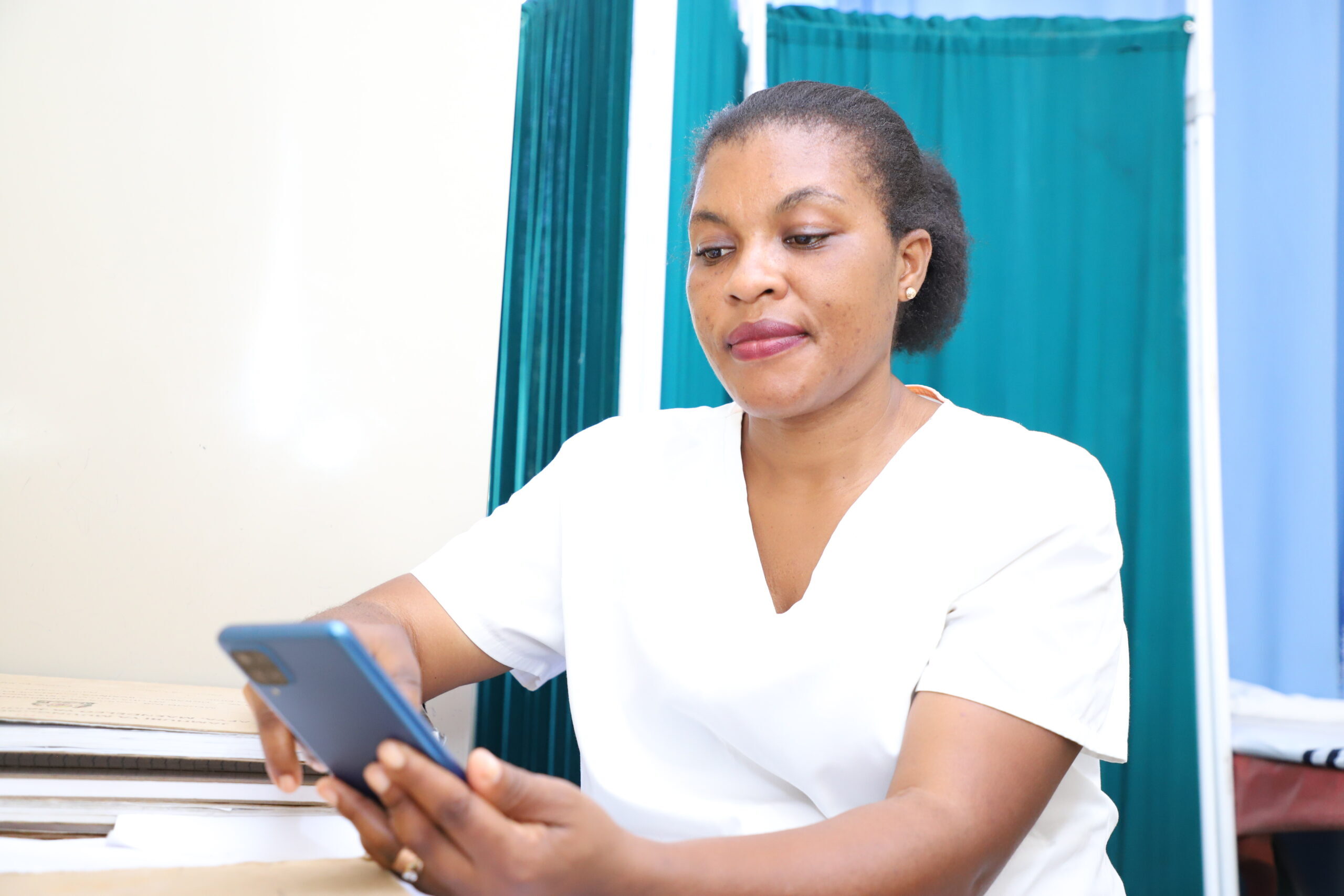Neema Msemo is a registered nurse at the Makole Health Centre in the Dodoma region of Tanzania. Cervical cancer is a persistent issue that Msemo faces in her care for women in her community. Cervical cancer is the most common cancer among women in Sub-Saharan countries, including Tanzania. Studies have shown that the incidence of cervical cancer in Tanzania is underestimated, contributing to the high mortality rate.1
Msemo has been trained to provide all cervical cancer-screening program (CECAP) services, including health education about the importance of cervical cancer screening, treatment, and referral services for women who require further management of their cervical health.

Neema Msemo is a registered nurse at the Makole Health Centre in the Dodoma region of Tanzania. Msemo has been trained to provide all cervical cancer-screening program (CECAP) services, including health education about the importance of cervical cancer screening, treatment, and referral services for women who require further management of their cervical health. Photo by Nuru Ngailo/EGPAF 2023
Recently, Msemo was introduced to a new, faster method of screening for cervical cancer lesion, using basic digital technology through a cervical cancer-screening program (CECAP), integrated into the USAID Afya Yangu Northern Project implemented by the Elizabeth Glaser Pediatric AIDS Foundation (EGPAF) in collaboration with D-Tree, EngenderHealth, Amref Health Africa, and Matchboxology.
The innovation, called Smartphone Enhanced Visual Inspection with Acetic Acid (SEVIA) enhances the visual inspection of the cervix by taking images using the smartphone application. It was introduced to Tanzania by the Ministry of Health and is endorsed by the World Health Organization. The USAID Afya Yangu Northern Project is among the first partners in Tanzania to adopt this new technology.
A provider, such as Msemo, takes three cervical images, using a smartphone, which are then submitted to national reviewers, who offer feedback on the results. The turnaround time can be as short as two minutes, so that results are given to the client before leaving the CECAP room.
 The system is called Smartphone Enhanced Visual Inspection with Acetic Acid (SEVIA). SEVIA allows newly trained cervical cancer screening providers to share VIA images with trainers and expert reviewers and receive timely feedback to improve the quality of screening and track relevant outcomes.
The system is called Smartphone Enhanced Visual Inspection with Acetic Acid (SEVIA). SEVIA allows newly trained cervical cancer screening providers to share VIA images with trainers and expert reviewers and receive timely feedback to improve the quality of screening and track relevant outcomes.
“As an experienced cervical cancer-screening professional, I can attest to the benefits of this app,” says Msemo. “Within five months, I was able to screen over 250 women using this technology.
“I recently received a client whom I screened for cervical cancer,” continues Msemo .”When I reviewed the results, I provided a negative result, meaning that there were no precancerous lesions or changes on the cervix at that time. On the same day as I uploaded her details and results, a national SEVIA reviewer reviewed the image of the cervix I had uploaded. He commented that what I had recorded was incorrect and that the correct result was positive—the client had pre-cancerous lesions and provided reasons to his findings, which I was able to grasp.
My first step was to call the client and ask her to come to the facility. She was treated with thermocoagulation the same day,” Msemo concludes. Thermocoagulation is a procedure to treat precancerous cells in the cervix.
According to Msemo, this client, was asked to return after five months, then when she tests negative, she will be given another one-year period for another checkup.
Among the 150 facilities supported by USAID Afya Yangu Northern’s CECAP services, 45 use SEVIA to improve screening quality and competency of health providers. Over six months of project implementation, 1,197 cervical images were submitted to the App for review, 140 of which had mismatch results.
“Cervical cancer is very real,” says Msemo. “Therefore, I encourage women to take cervical screening very seriously so that they can save their lives.”
The USAID Afya Yangu Northern Project is designed around client-centered approaches to address gaps in HIV, TB, and family planning service delivery as well as cervical cancer screening.
1https://bmccancer.biomedcentral.com/articles/10.1186/s12885-020-07439-3




